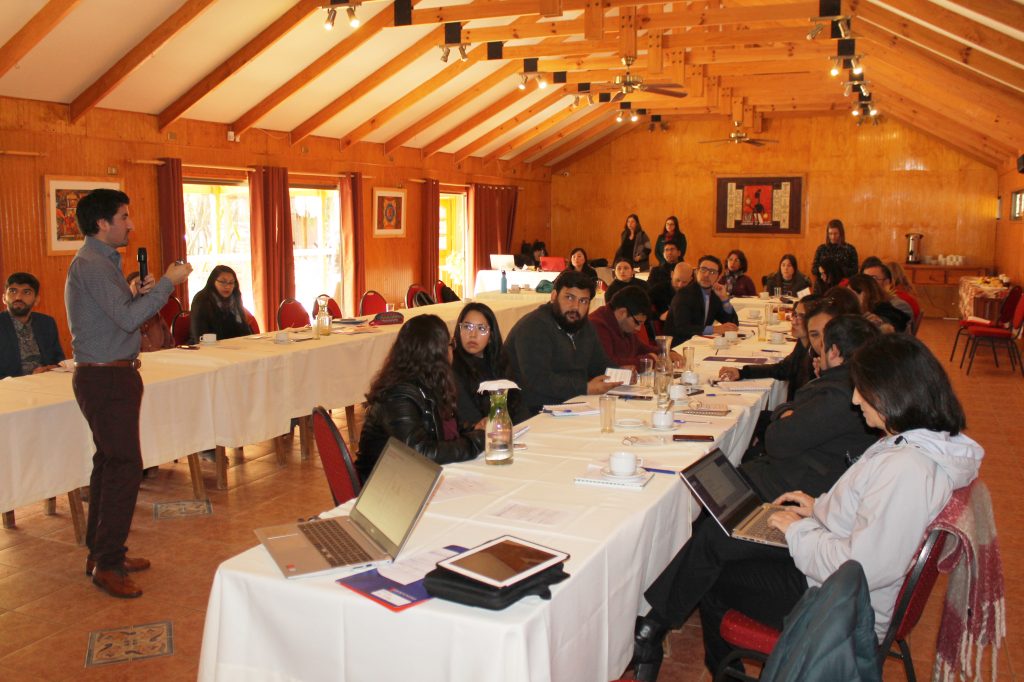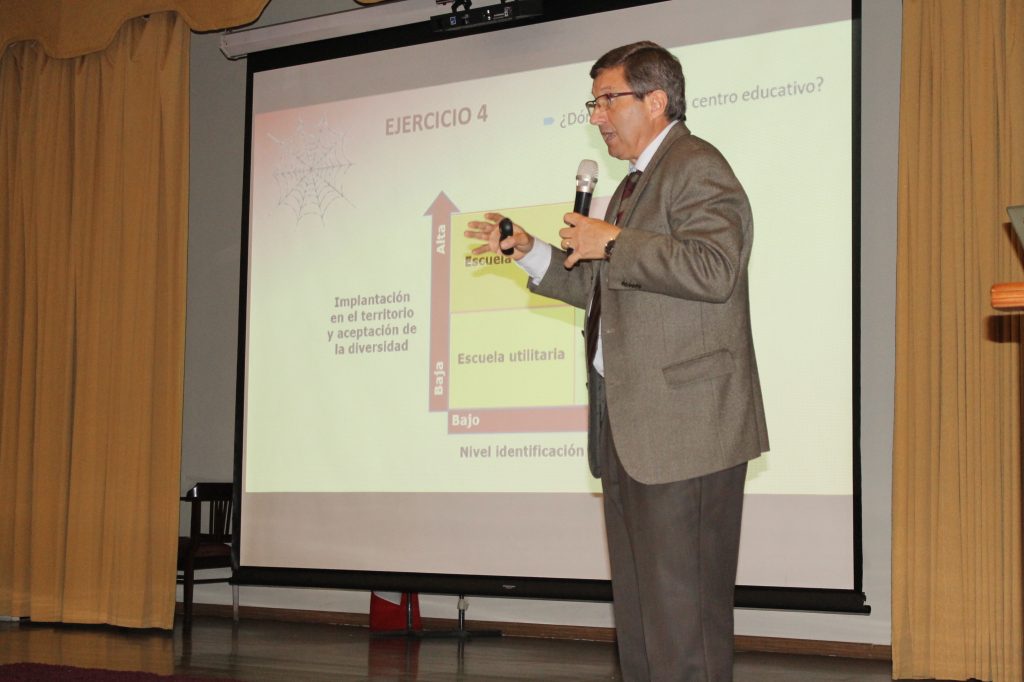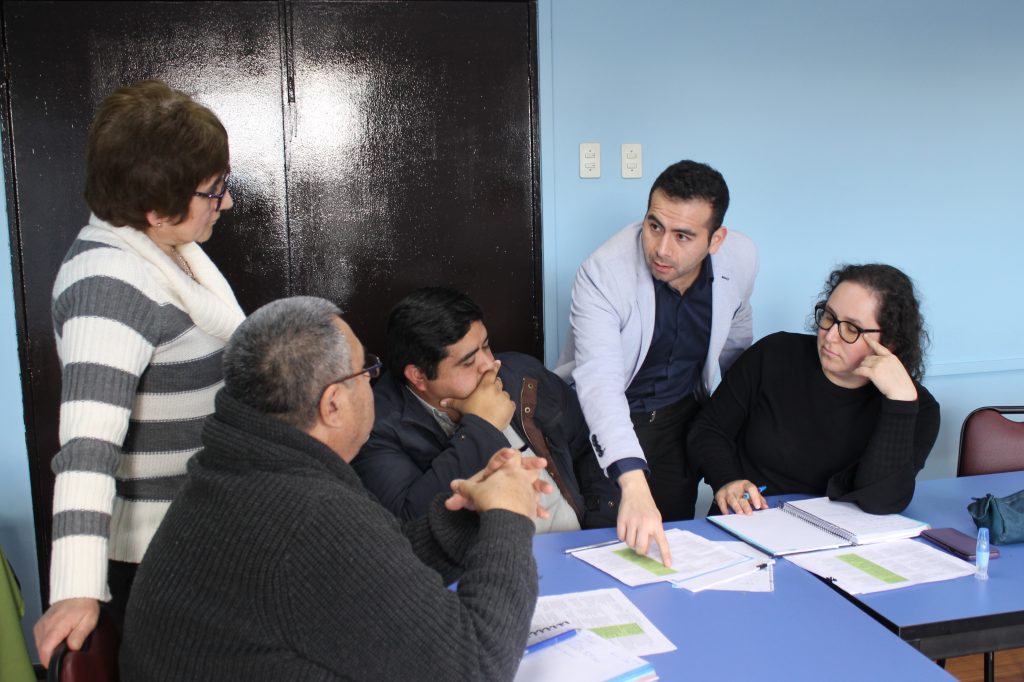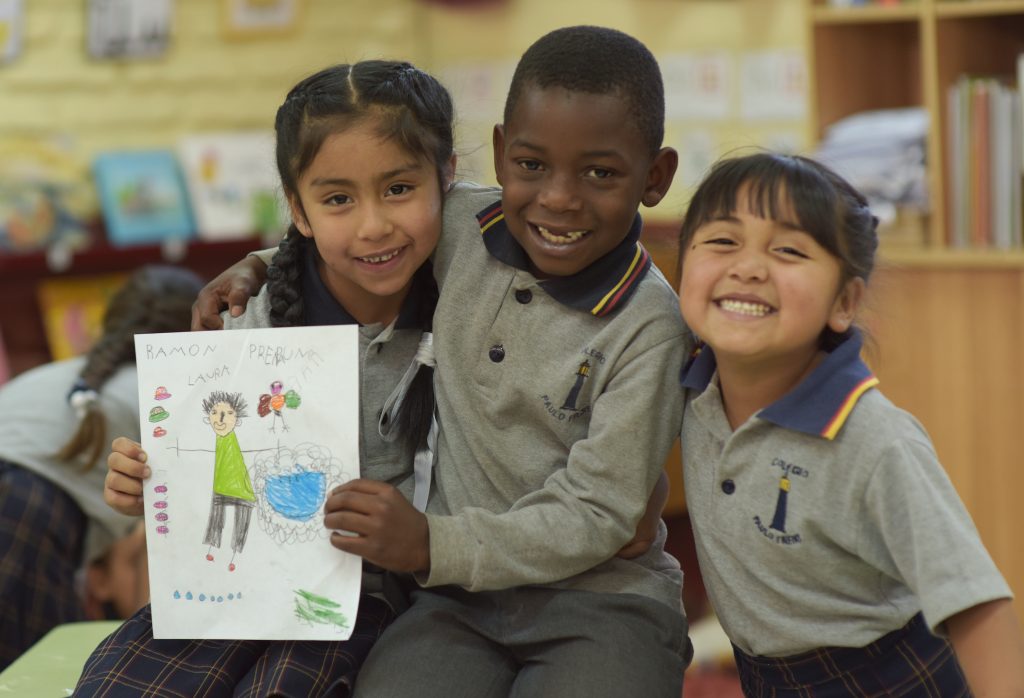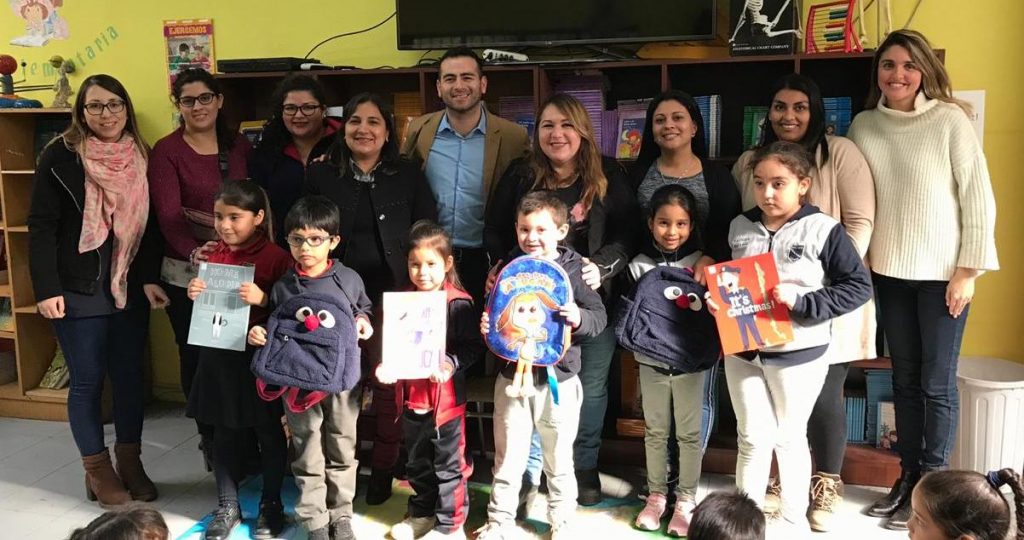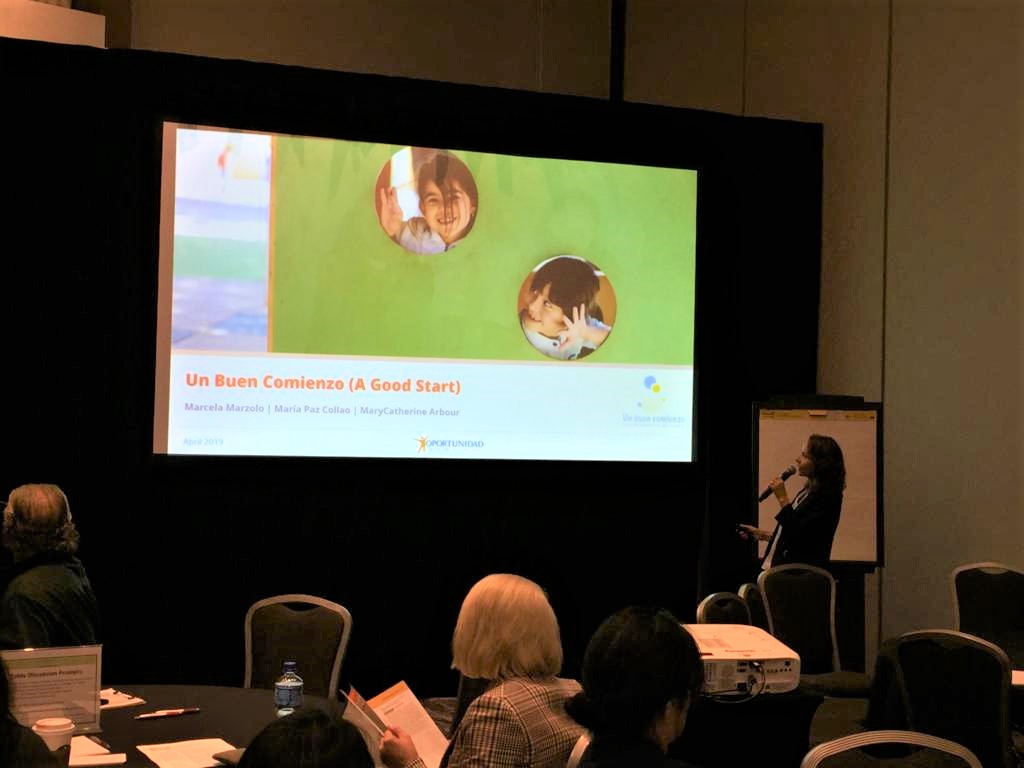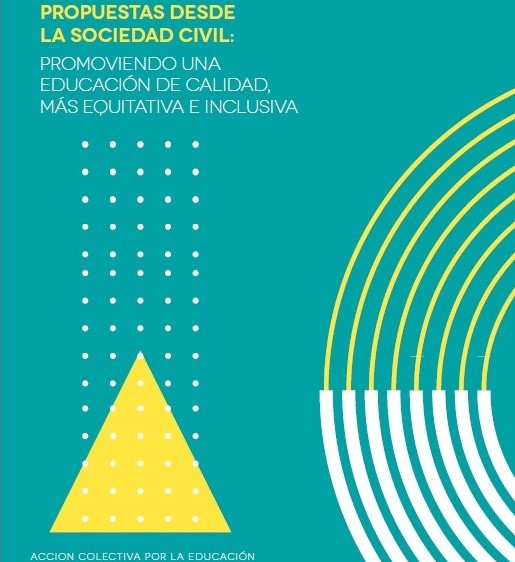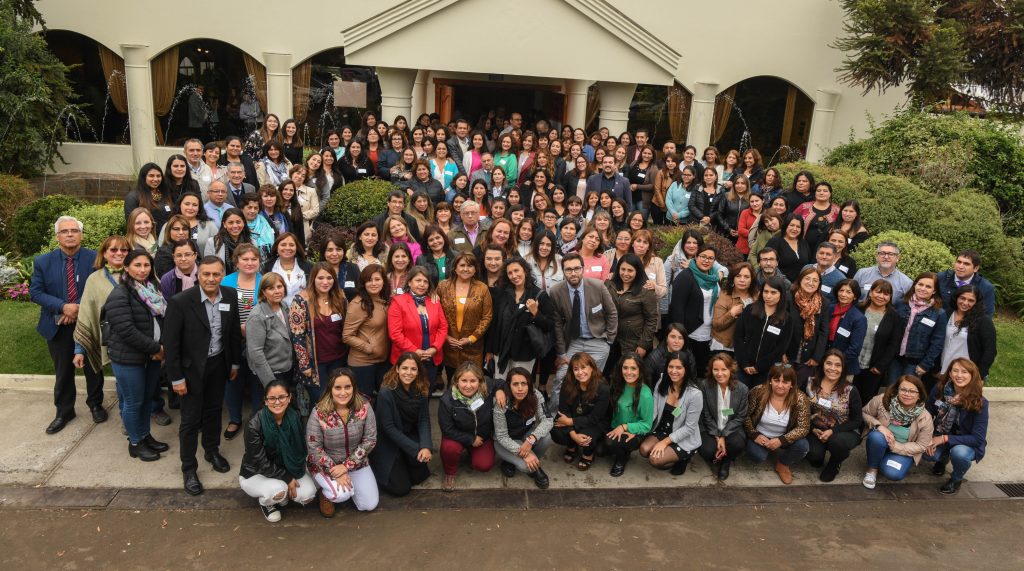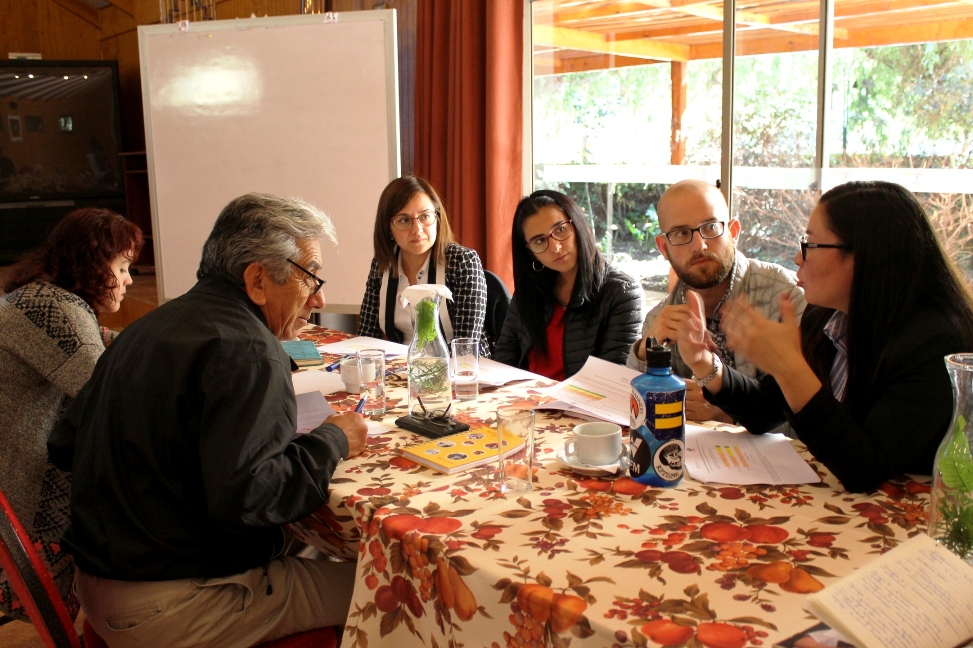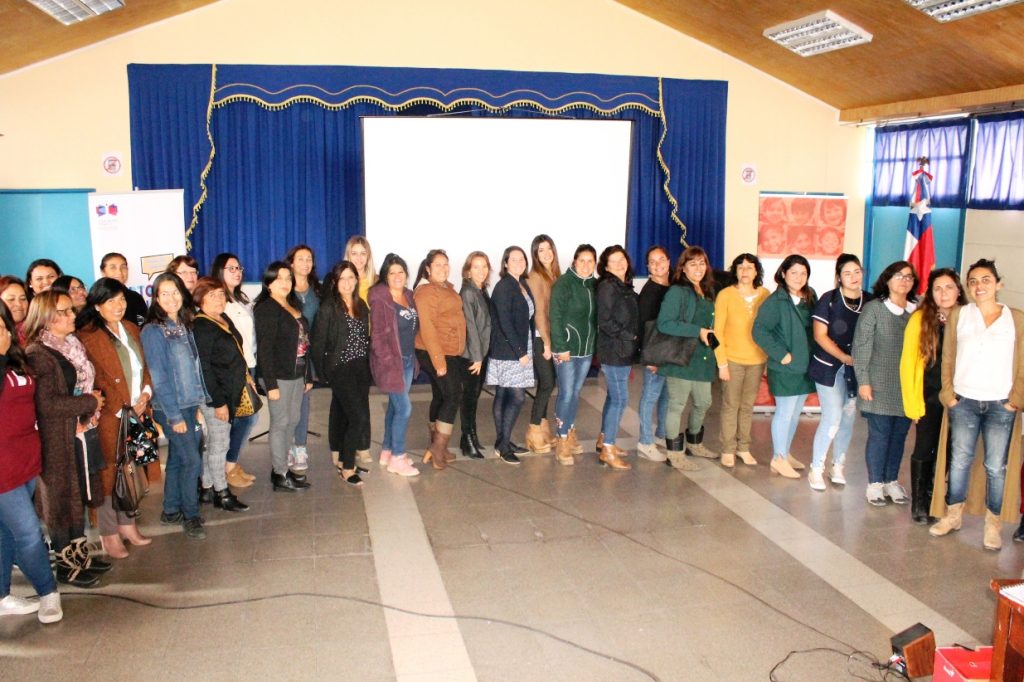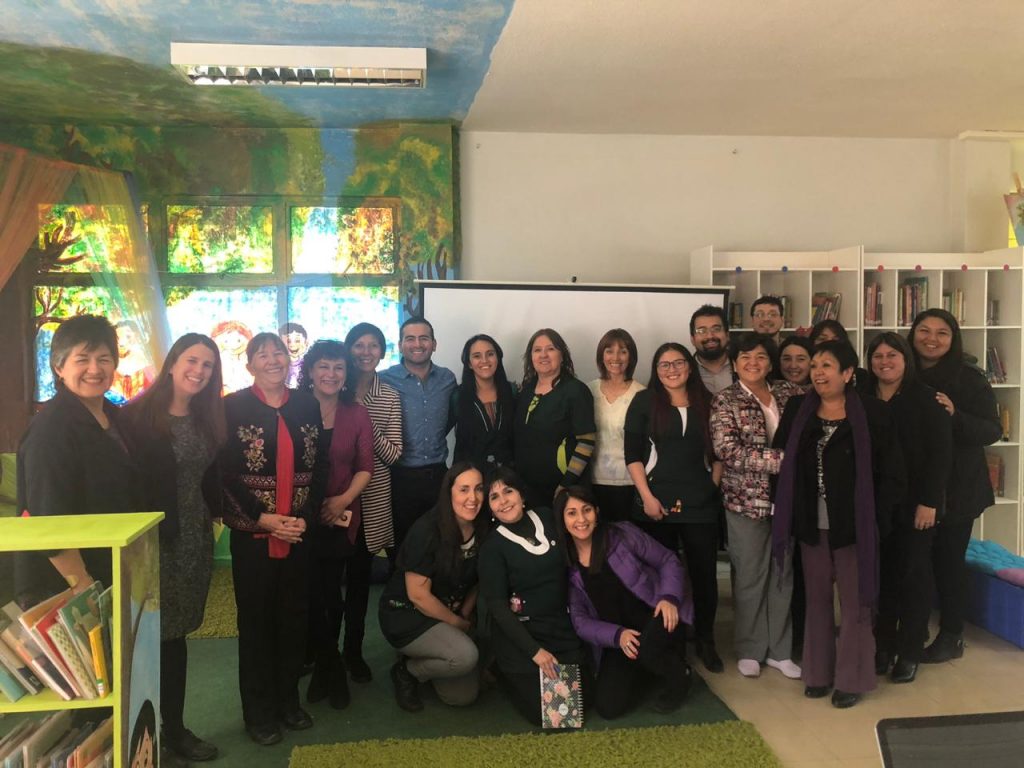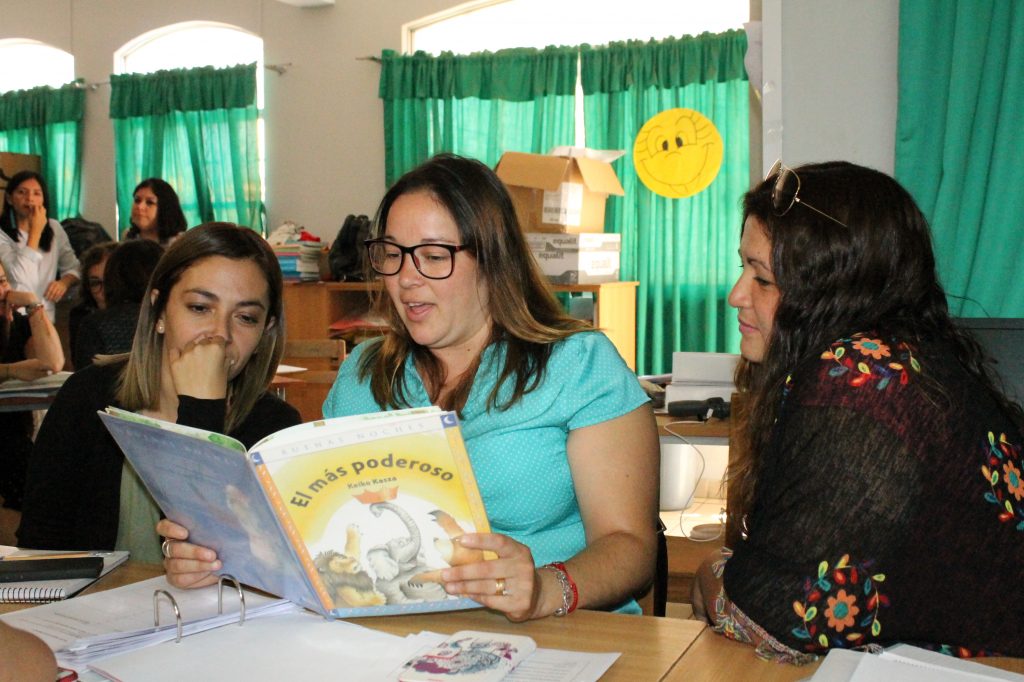
Expanding Opportunities" international seminar presented new strategies to enhance the teaching of English to children at an early age
The fifth version of the event was held in La Serena, with speakers from England and Uruguay and workshops by leading national professionals. In addition, teachers shared their experiences teaching English to hearing impaired children and told details of how the networks have become a space for collaboration.
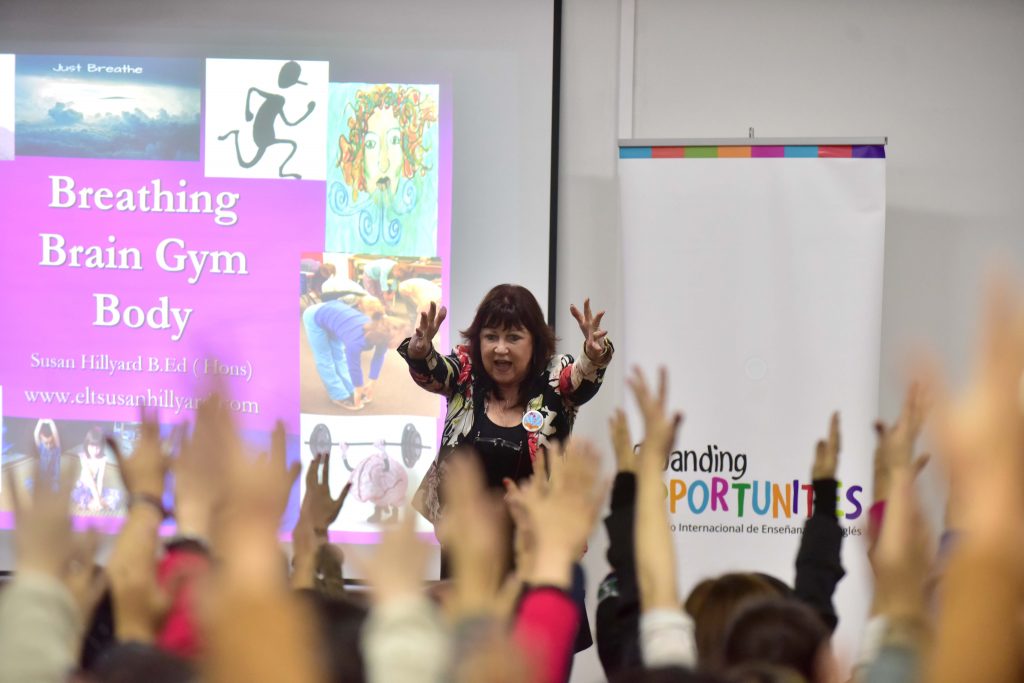
On Friday, September 6, the 5th version of the international English teaching seminar "Expanding Opportunities" was held in La Serena, providing English teachers and management teams with creative and innovative tools and strategies to take back to their classrooms and schools.
The objective of this seminar is to generate opportunities for teachers and directors to learn new ways of teaching the language in order to generate greater learning opportunities for children from an early age.
The event, organized by Fundación Educacional Oportunidad and the Universidad de La Serena, included the participation of Susan Hillyard (England) founder and director of the English academy SHELTA who in her presentation "English through drama" showed the importance of teaching English with theatrical techniques such as creativity, role playing and improvisation with interactions that are as close as possible to real life.
In addition, Gabriel Díaz (Uruguay), director of the Ludus Center for innovation and pedagogical experimentation at the Catholic University of Uruguay, addressed the importance of teacher professional development in the area of English to maximize children's learning in the classroom in his talk "15 reasons why it makes sense to engage in professional development".
The international English seminar also included workshops to address issues such as the importance of the role of management teams in designing, managing and facilitating the development of English teachers in the school.
In addition, teachers presented to their peers experiences that have allowed them to teach English to hearing impaired children, improve their students' pronunciation, use social networks to share teaching strategies, among others.


